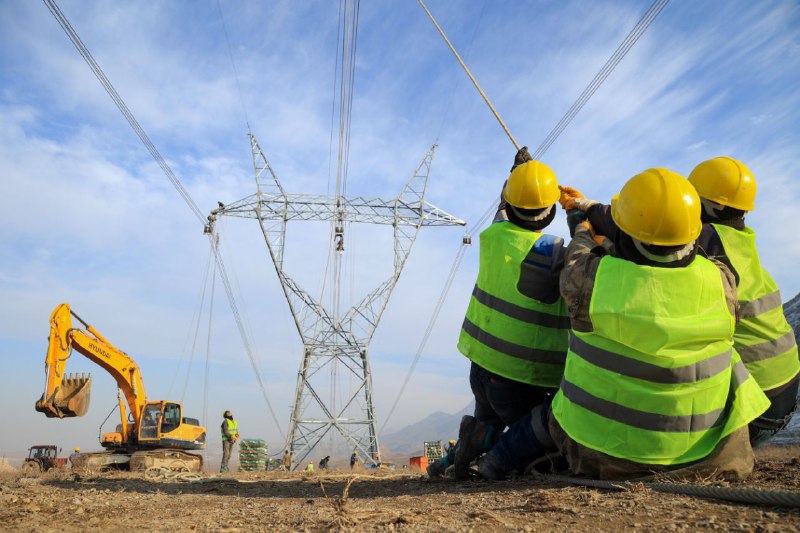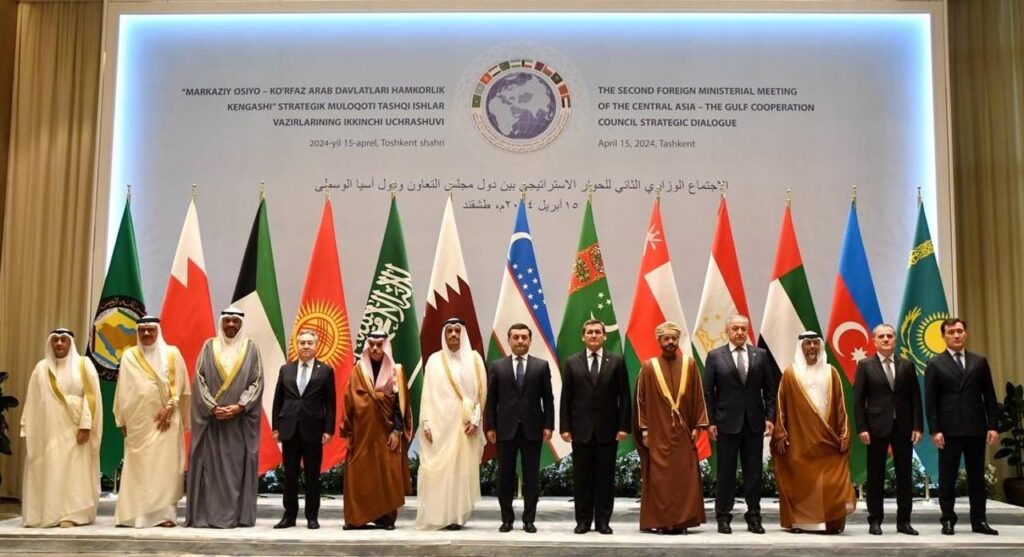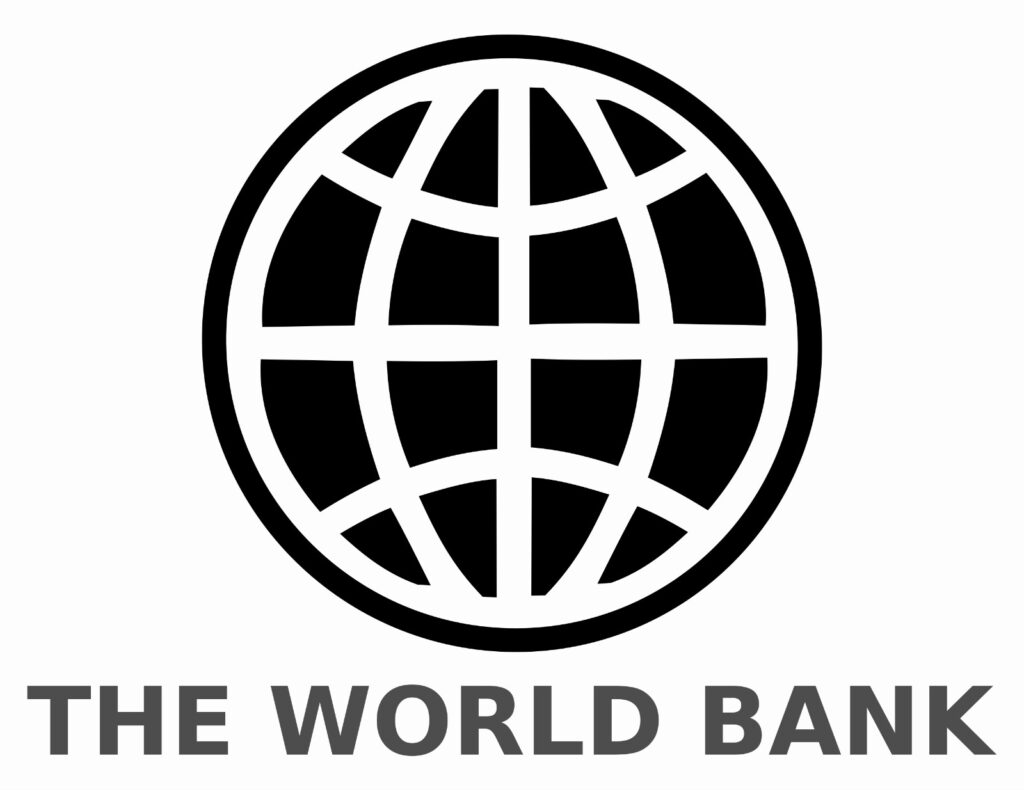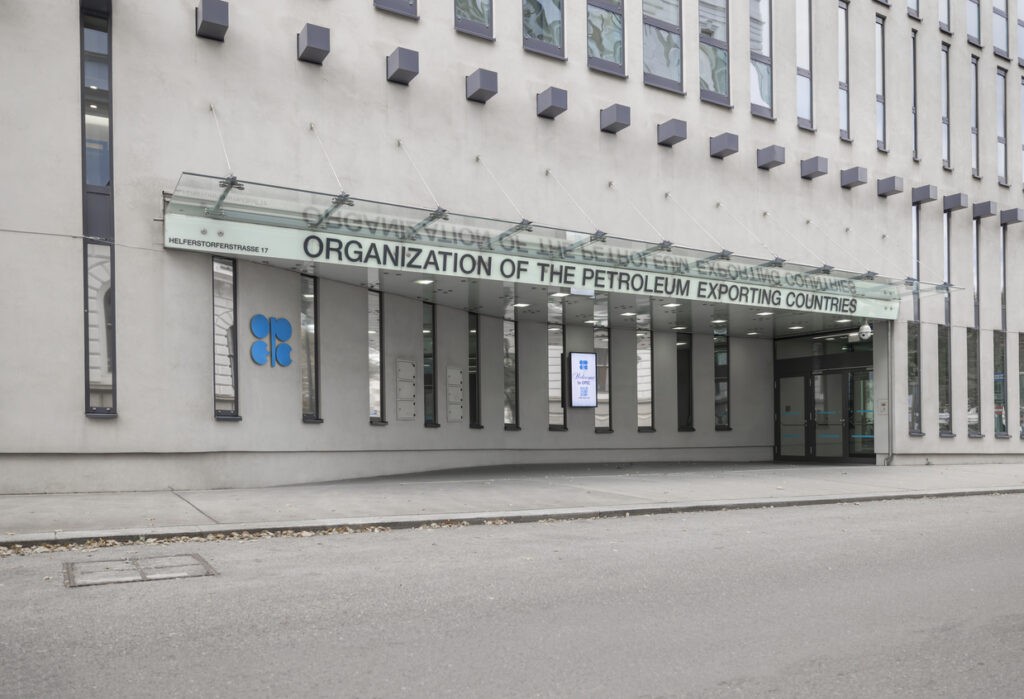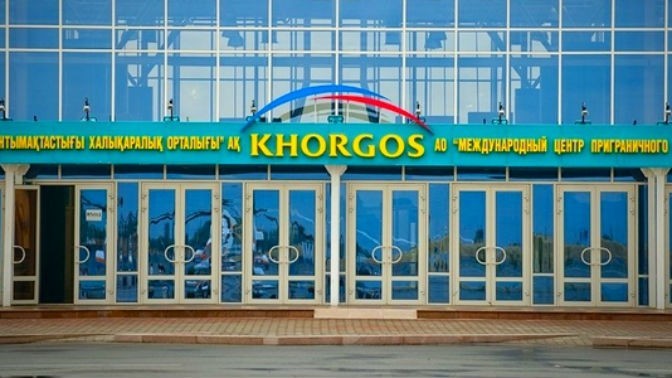Kazakhstan to Spend 500 Billion Tenge to Buy Domestic Bank Bonds
According to a document on asset management from the Unified National Pension Fund (EPPF), the Times of Central of Asia has learned that the National Bank of Kazakhstan is ready to invest 500 billion tenge ($1.1 billion) of pension funds in bonds issued by Kazakhstan's second-tier banks (BVU). According to the EPPF, this step is necessary to support entrepreneurship and give businesses the opportunity to obtain loans. However, as always, there are conditions. The funds will be directed to financial institutions that meet certain requirements. For example, the bank's credit rating should be no lower than "B," and its equity capital no less than 60 billion tenge ($134 million). Also, loans will not be issued to replenish working capital or refinance current loans. And that's not all; wholesale and retail trade, construction, real estate operations and even financial consultations are also not eligible for lending. And the National Bank is not going to stop there. In 2024, it will continue work on improving the management of pension assets. Last year, the same idea was raised by the head of the Association of Financiers of Kazakhstan, Elena Bakhmutova, who about the need to provide access to longer-term funding through BVU.

